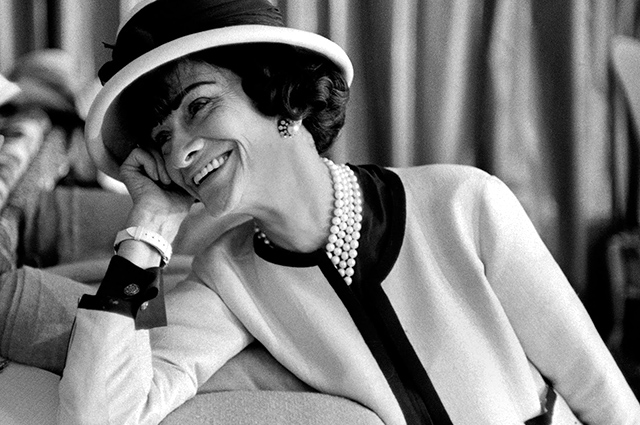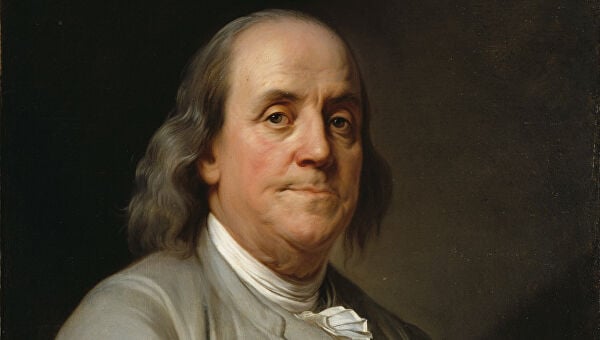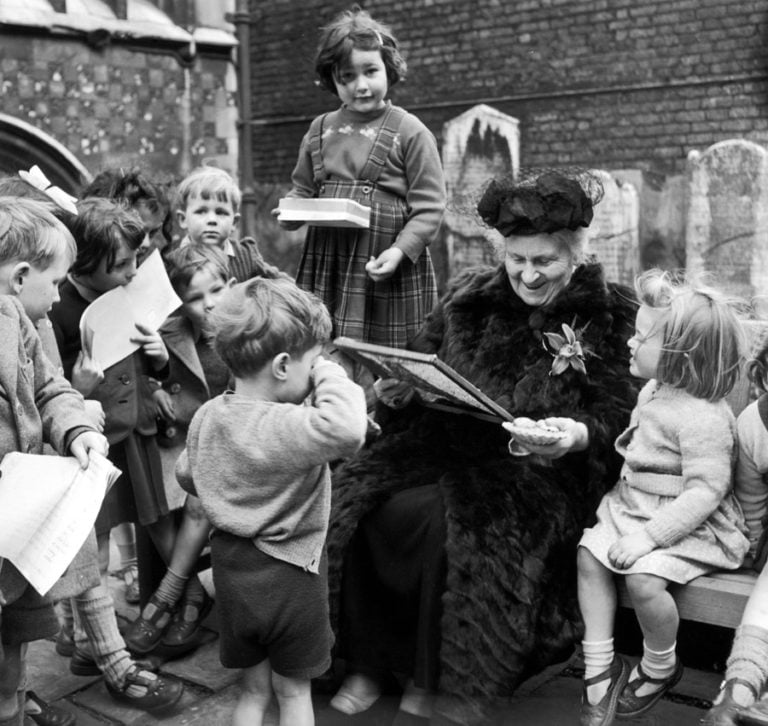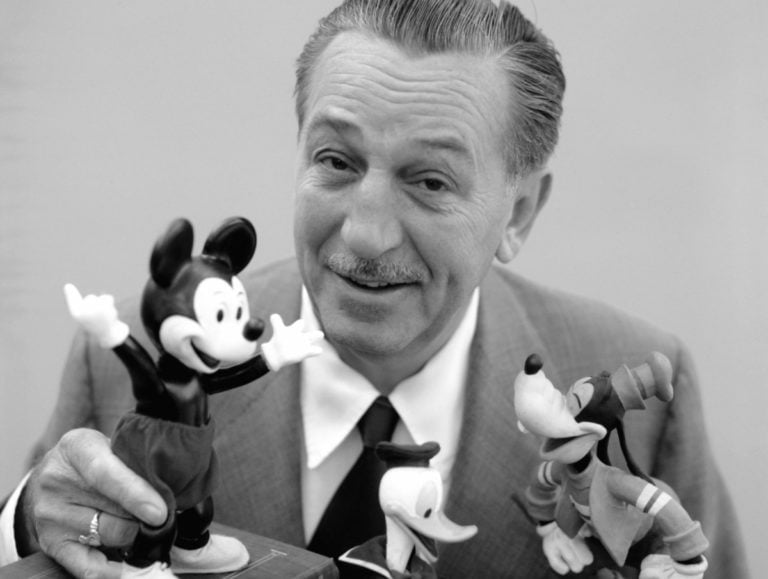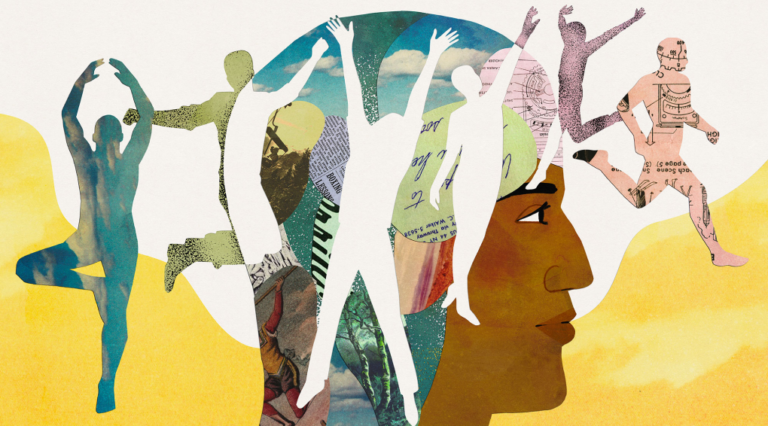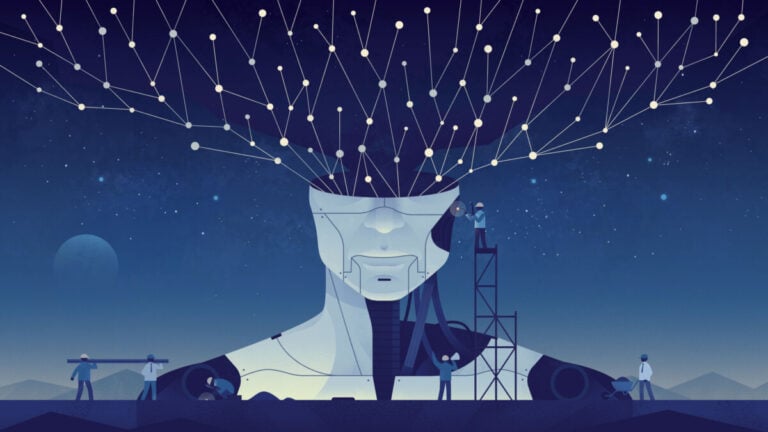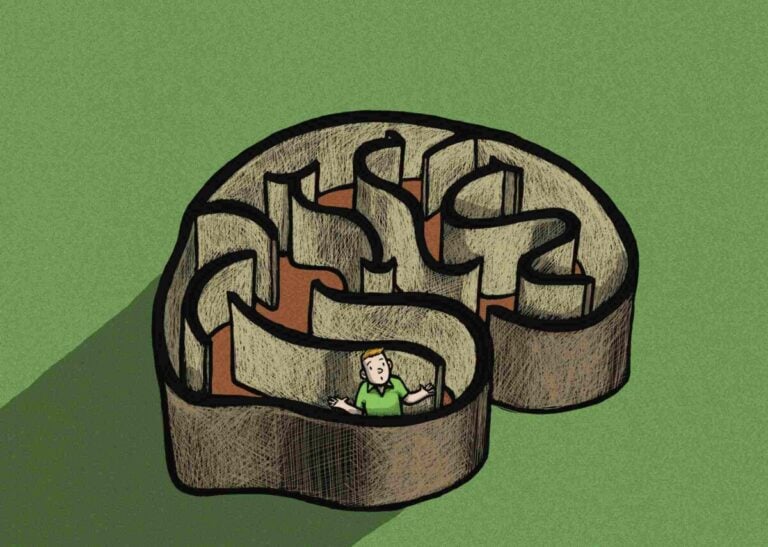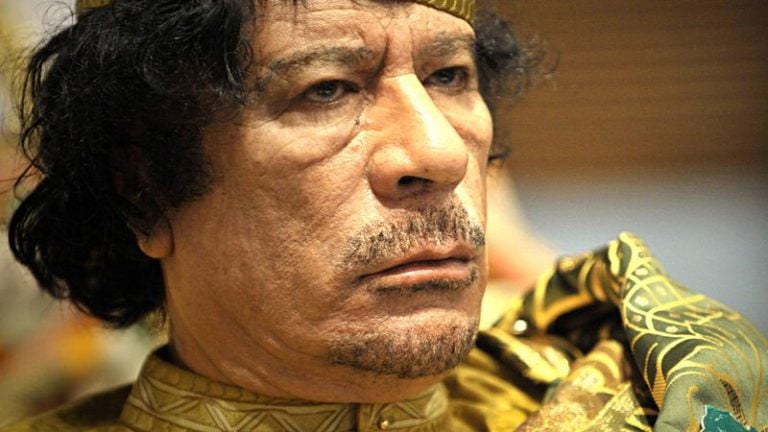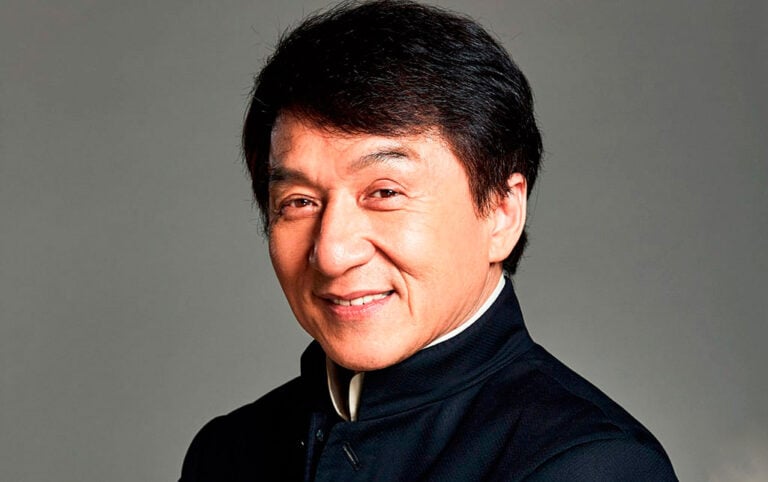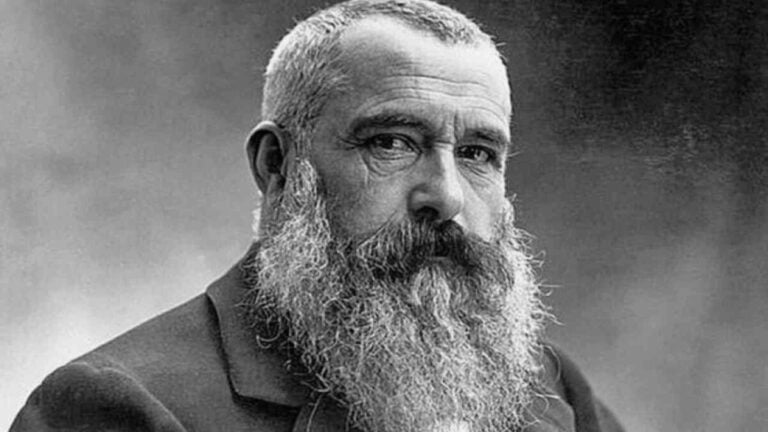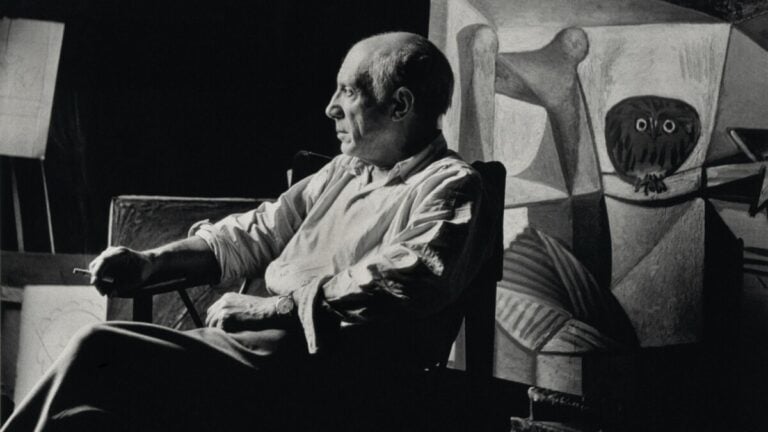In China, Confucius is called the Teacher of 10,000 generations. In Europe, the Chinese are considered the most ancient and mysterious people. Confucius fits this role perfectly: a clear figure and a mysterious fate. Historians cannot give the exact date of his birth. According to various sources, this is September 22/28, 551 BC. e.
His father, a wealthy landowner Shuliang He, lived in the principality of Lu. After leaving military service, he married. The wife was beautiful, young and looked after her husband well, but every year she gave birth to girls. In ten years, nine daughters appeared in the family. In those days it could be called a tragedy. According to legend, only men could offer gifts to the spirits of their ancestors. And if the ancestors go hungry for a long time, they will turn into evil spirits and severely punish their careless descendants.
Birth of a sage
The former warrior took another wife (in those days it was permissible). The new wife gave him a boy, who was named Boni. And again, no luck, the baby was born with a defect, his leg was damaged. Such a person had no right to bring gifts to the ancestors.
Shuliang He was truly unlucky. But, the desire to have a healthy son was so strong that at the age of 68 he married again. His third wife was a young 19-year-old girl. On the eve of the birth, she saw a unicorn in a dream. According to popular beliefs, this meant the arrival of a wise man into the world, who would become famous for centuries. The boy was born with a sagging crown – a sign of a special fate.
The Chinese were quite serious about the appearance of the newborn, reading in his features the sign of Heaven. The baby was named Qiu, adding the family name of his father Kun. When he grew up and became famous, he was called Kung Tzu – teacher Kun. He had an uncommon appearance. He was about two meters tall, had a massive build, upturned upper lip, bulging eyes and long ears. All this was a sign of a great sage. Kung Tzu believed that appearance does not reflect the inner world of a person.
Education of Confucius
In 549 BC. e. the boy lost his father. She and her mother left for the capital of the Principality of Lu – the city of Qufu. Very little is known about the childhood years of the future sage. According to legend, as a child, he often acted out the ceremony of offering gifts to his ancestors. At the age of seven he was sent to school. Here they taught reading, writing, counting, and the rules for offering sacrifices. In addition, the school had lessons in ethics, singing, and playing various instruments. The aristocrats had to learn how to shoot a bow and drive a chariot in battle. All these items were included in the list of the so-called “Six Arts”.
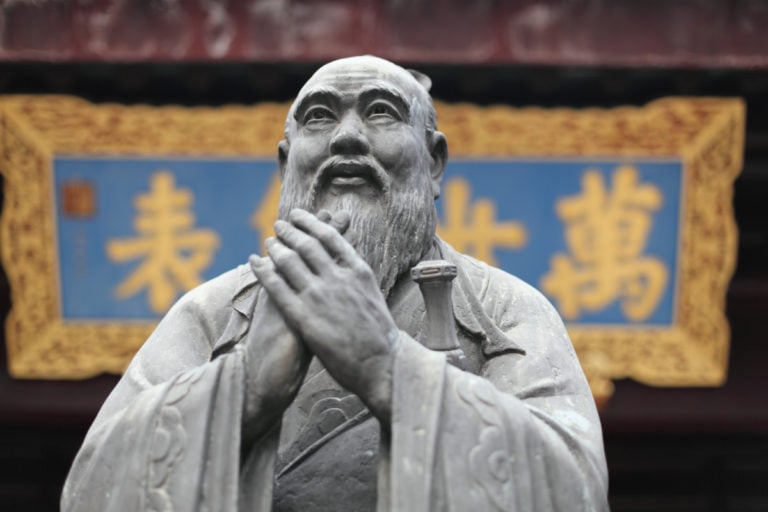
The young man did not like military affairs, but he became an excellent archer and skillfully drove a chariot. When he was 17, his mother died. He got married two years later. A son and a daughter grew up in the family.
After leaving school, Confucius took a job that consisted of supervising grain granaries and collecting taxes. Then he began to manage the pastures of the rich family of Ji. But he was attracted by new knowledge. He sought to get into the archives of the palace and thoroughly study documents about various rituals, about the life and deeds of great rulers and wise people. And his dream came true. He was hired by the State Archives.
According to Sima Qian, Kong met the archivist, the wise Lao Tzu. The Europeans called him the creator of Taoism, and the Chinese called him the earthly incarnation of the main deity Lao Jun. But, this is a beautiful legend about the meeting of two wise men. Lao Tzu lived in the 3rd century. BC e. Therefore, such a meeting could not take place. Although the category of Tao, which is the basis of the teachings of Lao Tzu, was accepted by Kun. Tao is the road (path) along which all phenomena in the world move. However, Kuhn adds to this statement and says that it is necessary not only to follow the right path, but, if necessary, to correct it.
Teachings of Confucius
At the age of 30, Confucius opened his school and students rushed to it. He accepted them according to the principle: there are no differences in wealth and generosity. For him, the main thing was to understand the desire and abilities of the child. Confucius believed that the younger should honor the elders. But he also said: “A young man should not be looked down upon: it is not known what he will achieve in the future.” After all, Confucius also did not immediately become a sage and became famous throughout the world. He, too, was an ordinary young man who stubbornly pursued knowledge.
- Junzi endure adversity patiently, while xiaoren immediately despair.
- Junzi live in harmony with people, but do not follow them, xiaoren follow others, but do not live in harmony with them.
- Junzi is about morality, xiaoren is about getting better.
- Junzi know duty, xiaoren know profit.
- Junzi look for the cause of failure in themselves, xiaoren look for other people
- Junzi are afraid of the sky and listen to great people and the words of the sages. Xiaoren are not afraid of the sky, they despise great people, they do not heed the words of the sages.
Kuhn argued that if the monarch strives for good, then people will be kind. Junzi is wind, xiaoren is grass. The grass will bend in the direction the wind blows.

Many people who are not familiar with the teachings of Confucius find it difficult to understand. But it’s about ordinary life. For 2.5 thousand years before us, he formulated concepts that are remembered almost daily.
One of his students asked a question: Is there such a word that you need to rely on in life?
The teacher answered: — There is such a word — reciprocity. Don’t do to others what you don’t want for yourself.
Another student asked: “How to respond to good and evil?”
Confucius said, “Repay kindness with kindness.” For evil – justice.
Confucius considered the observance of the principle “li” to be the main thing in life. This is a very broad concept: etiquette, ethics, rules… A person must not only behave with dignity, but also understand why he and society need it. Disregard for these rules leads to serious consequences. For example, in Lu, three clans seized power, the ruler fled, and confusion reigned. Junzi cannot live in turmoil and Kun left the city. Since then, he traveled to many regions and everywhere the glory of him rushed ahead. Pretty soon, all the inhabitants of the Celestial Empire knew about him.
The main task of the sage, according to Confucius, is to give useful advice to the ruler. He was attracted not by the position of an adviser, but by the opportunity to establish the Way-Tao in China so that life would become harmonious and then all people would find peace and be happy. Peace will be established throughout the state.
This postulate of Confucius was unusual for his contemporaries. Society is accustomed to unity-tun, when the lower mindlessly submits to the higher. Confucius had in mind the agreement, which came from different views, sometimes directly opposite. The idea is quite democratic. Achieving agreement-he is more difficult than unity-tun, but life consists of overcoming difficulties, development, moving forward.
Serving the Fatherland
Kuhn dreamed that his knowledge would benefit many people. The rulers often invited him for a conversation, were in awe of his knowledge, but they were not comfortable with him. His advice was a contrast to the usual approach to management.
Kun opposed punishment and torture, arguing that if the ruler becomes an example of right living for the people, then people will follow this example. In his opinion, the ruler must be truthful in deeds, words and even thoughts. Not a single ruler was ready to listen to the advice of the famous and respected Kun.
He returned to his homeland, did not engage in politics, but only expanded his teachings. In total, at different times he had almost 3 thousand students, among whom he singled out 70 young men. They became major government officials and advisers.

After some time, the ruler Lu Ding-gong invited Kong to serve. Kun worked in various positions. Everything was going well, but one day the ruler forgot about his duties. Confucius became a wanderer again.
Only 14 years later, the new ruler Lu invited Kun to become an adviser. In his free time, the sage was engaged in research in the field of language, music and history. Troubles awaited him at home: at the age of 48, his only son died. Kun was in despair and fell seriously ill. The ruler Ai-gun came to visit him. Kun could not stand to greet the ruler, but asked to put new clothes on top and give a scepter. Even in this state, he tried to keep the ritual.
Confucius recovered, but his character changed. He became gloomy. Some time later, an unknown animal was killed during a hunt. Only Kun realized that it was a unicorn. For him, this was a bad omen. A few days later he fell ill and died.
The immortal philosophy of Confucius
After his death, the disciples wrote a treatise “Lun Yu”, testifying to the life of Kong and his ideas. This treatise was written, judging by various sources, from 35 to 75 years.
The fate of the teachings of Confucius is fortunate. Under Emperor Wudi (156-87 BC), Confucianism was proclaimed the ideology of the state. Kun’s heirs received various privileges. His family became rich and noble and remained so until 1911.
In 59, Emperor Ming-di issued a decree on the canonization of Confucius – Kun became a deity.
In Europe, Confucianism was considered the religion of scholars. The doctrine conquered more and more new states, a Confucian civilization appeared. Some scholars now link China’s economic success to Confucianism.
The Celestial Empire has recognized the great value of the doctrine and successfully applies it in its modern politics.

